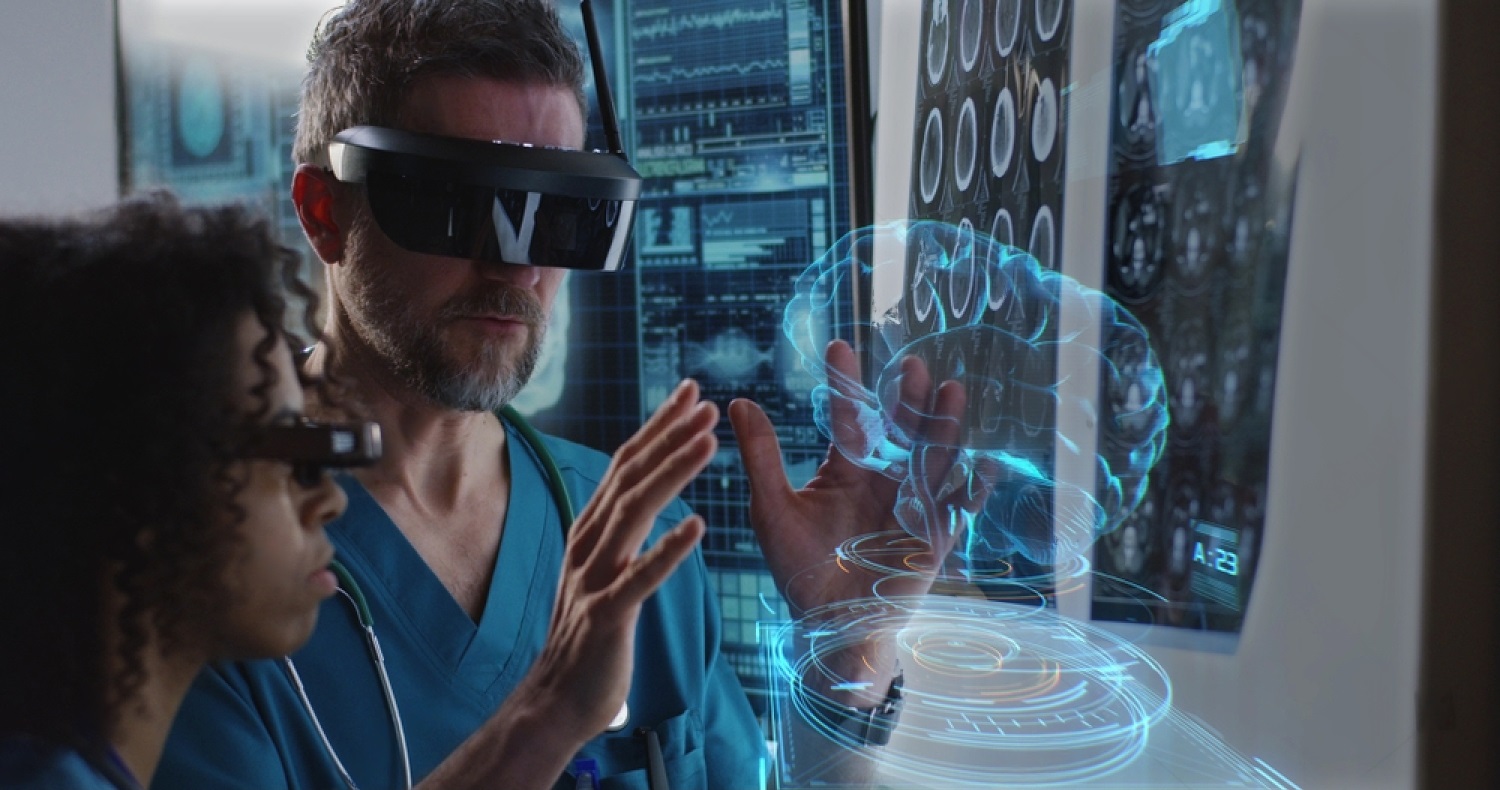In today’s rapidly evolving landscape, the healthcare industry stands on the cusp of a revolution driven by groundbreaking innovations that promise to reshape the way we approach medical care. As we embark on this journey to navigate the healthcare frontier, we find ourselves at the intersection of cutting-edge technology, data-driven insights, and patient-centric solutions. This article delves into the intriguing realm of next-generation healthcare innovations, exploring their potential to revolutionize medical practices and patient experiences.
The Promise of Next-Generation Innovations
The journey into the future of healthcare is marked by a host of next-generation innovations that hold the promise of transforming how we diagnose, treat, and prevent ailments. These innovations encompass a broad spectrum of technologies, including artificial intelligence (AI), telemedicine, genomics, wearable devices, and precision medicine. By merging the power of these technologies with medical expertise, we stand to create a healthcare ecosystem that is more efficient, accurate, and tailored to individual needs.
Artificial Intelligence: A Game-Changer in Healthcare
One of the most remarkable advancements in healthcare innovation is the integration of artificial intelligence. AI algorithms are now capable of analyzing massive datasets with unprecedented speed and accuracy, enabling healthcare professionals to make more informed decisions. From image recognition in radiology to predictive analytics in patient care, AI is revolutionizing diagnostics and treatment planning. By sifting through complex medical data, AI aids clinicians in identifying patterns and insights that were previously elusive, ultimately leading to quicker and more accurate diagnoses.
Telemedicine: Redefining Access to Healthcare
The concept of telemedicine has gained significant momentum, especially in the wake of global events that have underscored the importance of remote healthcare solutions. With telemedicine, patients can now consult with medical professionals from the comfort of their homes, eliminating the barriers of distance and travel. This innovation not only enhances accessibility but also reduces the burden on healthcare infrastructure. From routine check-ups to specialized consultations, telemedicine is transforming the patient experience and democratizing healthcare services.
Genomics and Precision Medicine: Unlocking Personalized Care
At the heart of next-generation healthcare innovations lies genomics and precision medicine. The ability to sequence an individual’s genome has opened up new avenues for tailored treatments based on genetic predispositions. This shift from a one-size-fits-all approach to personalized medicine holds immense potential for improving patient outcomes. Physicians can now design treatment plans that take into account a patient’s genetic makeup, minimizing adverse reactions and maximizing the effectiveness of therapies.
Wearable Devices: Empowering Patients and Healthcare Providers
The rise of wearable devices has empowered individuals to take control of their health by continuously monitoring vital parameters. From smartwatches tracking heart rate and sleep patterns to wearable glucose monitors for diabetics, these devices provide valuable real-time data to both patients and healthcare providers. This data-driven approach not only aids in early detection of potential health issues but also fosters a proactive attitude toward wellness.
Ethical and Regulatory Considerations
As we delve deeper into the realm of next-generation healthcare innovations, it is crucial to address the ethical and regulatory implications that accompany these advancements. Issues such as data privacy, patient consent, and the responsible use of AI-generated insights require careful consideration. Striking the right balance between innovation and ethical standards is essential to ensure that these technologies serve the greater good without compromising patient rights and well-being.
Collaboration: The Key to Successful Implementation
The successful integration of next-generation healthcare innovations hinges on collaboration among stakeholders. Healthcare professionals, researchers, technologists, policymakers, and patients must work together to ensure the seamless adoption and deployment of these technologies. Interdisciplinary partnerships can facilitate the development of comprehensive solutions that not only address medical needs but also align with ethical guidelines and legal frameworks.
Takeaway
As we navigate the healthcare frontier and uncover next-generation innovations, we find ourselves at a pivotal juncture in medical history. The convergence of AI, telemedicine, genomics, wearable devices, and precision medicine presents an unprecedented opportunity to revolutionize healthcare delivery. By embracing these innovations while upholding ethical considerations, we can create a healthcare ecosystem that is not only technologically advanced but also patient-centered and inclusive.
In conclusion, the journey into the future of healthcare is illuminated by the remarkable advancements in next-generation innovations. From the transformative power of artificial intelligence to the personalized care enabled by genomics, these innovations promise to reshape the landscape of medical practice and patient experiences. By fostering collaboration, addressing ethical concerns, and embracing these technologies, we can forge a path toward a healthcare future that is both promising and inspiring.




